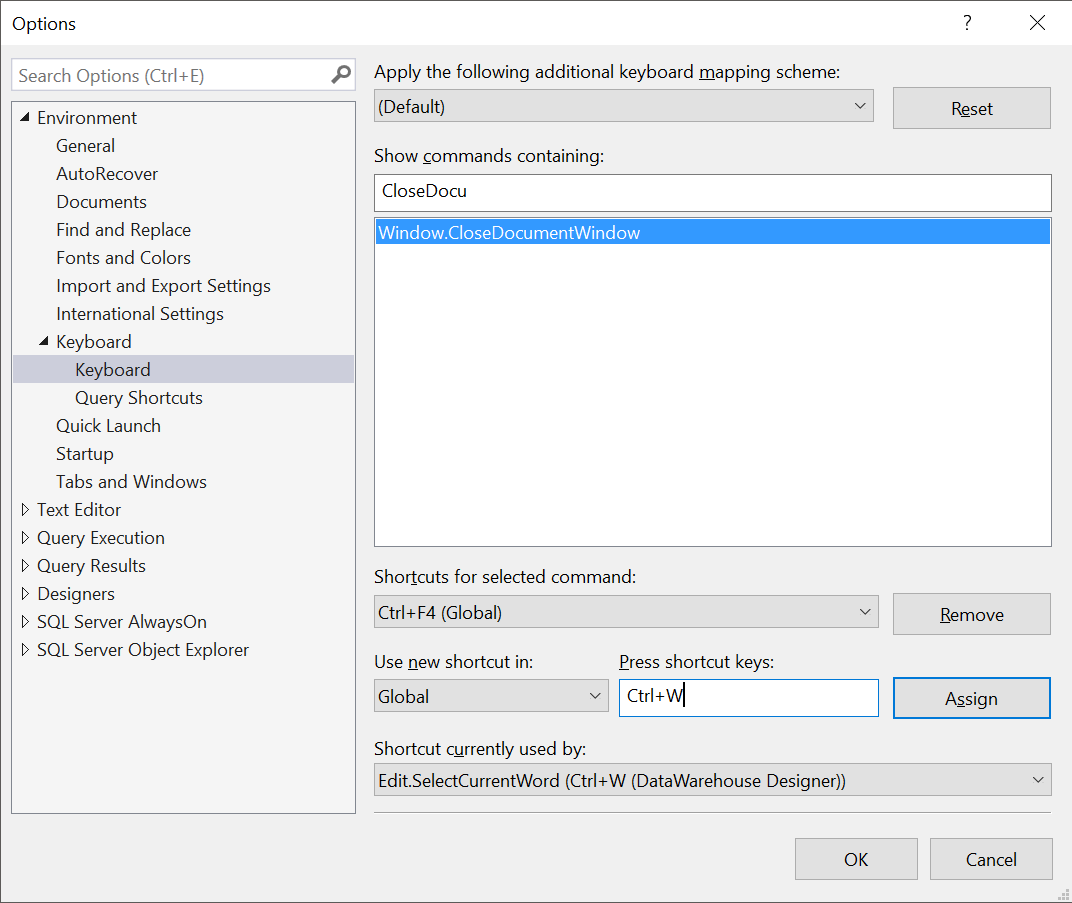

(Shift + Del) - Deletes a file without sending it to the recycle bin.

(Shift + F10) - Opens the contextual or "right click" menu for a file/folder. (Alt + Up) - Will navigate up one folder, since the up arrow on the menu bar was removed in windows 7. (Windows Key + Alt + 1, 2, 3, 4, etc.) Will open the jump list for each program in the taskbar, use the arrow keys to select which jump list option you want to open. (Windows Key + 1, 2, 3, 4, etc.) Will launch each program in your taskbar. This shortcut can also be helpful with windows that don't close with the (Alt + F4) shortcut. (Alt + Space) - Will open the window system menu which can be used to maximize (x), minimize (n), close (c) or move (m) the window, which can be especially helpful if your window is somehow off-screen. (Ctrl + Shift + Esc) - Opens the task manager without the need to first hit Ctrl + Alt + Del. (Windows Key + Pause/Break) - Will open the system properties window. (Alt + Esc) - Similar to Alt + Tab but switches the windows in the order they were opened in. (Windows Key + Up/Down) - Maximizes and restores the current window. (Windows Key + B) - Selects the system tray menu (little white arrow by the clock in the taskbar) (Windows Key + Home Key) - Minimizes all programs except the current window. This is similar to hovering over the item with your mouse, you can restore the program with space or enter. (Windows Key + T) - Will cycle through open taskbar programs. Have questions or feedback about Office VBA or this documentation? Please see Office VBA support and feedback for guidance about the ways you can receive support and provide feedback.20 Windows Keyboard Shortcuts You Might Not Know

Use the RunAutoMacros method to run the Auto_Close macros. RemarksĬlosing a workbook from Visual Basic doesn't run any Auto_Close macros in the workbook. True if the method successfully closed the object otherwise, False. If omitted, the user is asked whether the workbook should be sent. If set to False, the workbook is not sent. If set to True, the workbook is sent to the next recipient. Otherwise, Microsoft Excel routes the workbook according to the value of this parameter. If the workbook doesn't need to be routed to the next recipient (if it has no routing slip or has already been routed), this argument is ignored. If FileName is omitted, the user is asked to supply a file name. If there is not yet a file name associated with the workbook, FileName is used. If there are changes to the workbook but the workbook doesn't appear in any other open windows, this argument specifies whether changes should be saved.If set to True, changes are saved to the workbook. If there are changes to the workbook and the workbook appears in other open windows, this argument is ignored. If there are no changes to the workbook, this argument is ignored. Close ( SaveChanges, FileName, RouteWorkbook)Įxpression A variable that represents a Window object.


 0 kommentar(er)
0 kommentar(er)
